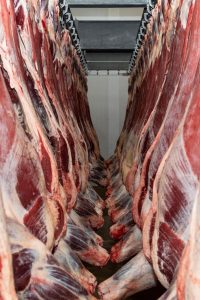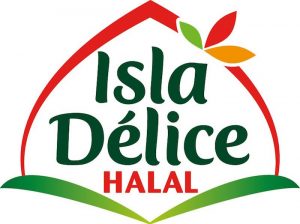With the Muslim Holy month of Ramadan underway, the French food industry is paying special attention to the growing market of products known as “halal,” a designation for food produced according to the rules of Islamic law.
According to a survey conducted by the French public opinion firm Ifop, 71% of France’s estimated 5 million Muslims had intentions to fast from sunrise to sunset during the 29 days of this year’s Ramadan. After sunset, Muslims often have big family gatherings that translate into a rise in overall food consumption.
Halal retailers earn about one third of their annual revenue during the month of Ramadan. Overall, the quickly expanding industry pulls in an estimated 5 billion euros worldwide, according to Solis, an ethnic studies consultancy firm.
In France, supermarkets sold roughly 130 million worth of halal products last year. That number is expected to reach 140 million euros in 2011, according to the consultancy firm Nielsen.
Halal products only began appearing in French supermarkets a few years ago. Specialized brands like Isla Délice and Reghalal were later joined by large French food industry players like Fleury Michon and Panzani. The supermarket chain Casino launched its own range of halal products under the umbrella brand Wassila. And Carrefour, France’s top food retailer, sells approximately 50 of its own halal products as well.
“Halal isn’t a niche anymore,” says one Carrefour spokesperson. “It carries more weight than organic food.”
Carrefour’s halal foods have been approved by the Grande Mosquée de Paris (the Great Mosque of Paris). But for many consumers, questions remain about halal certification. Concerns were heighted recently by a documentary aired by the television network Canal + , which described “some practices that could be described as fraudulent.” A group of eight local Muslim politicians responded this week by asking for a parliamentary investigation into halal certification practices.



